When we think about brewing a beautiful cup of coffee, we often focus on the obvious: the beans, the grind, the method. But there’s an unsung hero that makes up about 98% of your brew—water.
At The Aviary, we believe that every detail matters, from the farmers nurturing coffee plants under rainforest canopies to the water that brings each coffee’s character to life in your cup. Understanding how water affects brewing can transform your coffee experience from good to unforgettable.
Why Water Matters More Than You Might Think
Water isn’t just a neutral carrier for coffee flavours—it’s an active ingredient. Minerals in the water, its pH level, and even its softness or hardness all interact with the coffee during extraction, pulling out sweetness, acidity, bitterness, and complexity in different ways.
If your water is imbalanced, even the most exquisite beans (like our Rainforest Sunshine or Morning Mist) can taste flat, harsh, or strangely muted. Get it right, and you’ll unlock layers of flavour exactly as the farmer and roaster intended.
How Different Water Types Affect Coffee Taste
Hard Water
Hard water is rich in minerals like calcium and magnesium. These minerals can actually help extraction to a point—magnesium, in particular, binds well with coffee flavour compounds, enhancing sweetness and body.
But too much hardness can be a problem. Overly hard water may extract excessive bitterness and dull your coffee’s natural brightness. You might find that delicate floral notes (like those in Midnight Canopy) get buried under a heavy, chalky taste.
Soft Water
Soft water, which has low mineral content, might seem ideal, but it often struggles to extract enough flavour. Coffees brewed with very soft water can taste hollow or one-dimensional. Bright coffees, like our Morning Mist from Kenya, can come across as thin or overly sharp without a touch of mineral support to round things out.
Distilled or Pure Reverse Osmosis Water
Water stripped of almost all minerals (like distilled water) is generally too pure for good coffee. With nothing to aid extraction, your brew might taste flat, sour, or overly acidic. It’s like trying to paint without a canvas—there’s nothing for the flavours to cling to.
Tap Water
Tap water varies hugely depending on where you live. Some regions are blessed with water that’s close to ideal for brewing. Others, not so much. Chlorine (often added to tap water) can give coffee an unpleasant chemical taste, and excess hardness or softness can create the problems we’ve already mentioned.
Filtering your tap water with a good-quality charcoal filter can often make a world of difference, stripping out unwanted chemicals without removing the minerals coffee loves.
So... What’s the Ideal Water for Coffee?
Coffee experts often suggest aiming for water that’s moderately mineralised—around 150 parts per million (ppm) of total dissolved solids—with a neutral to slightly acidic pH (around 6.5–7).
If that sounds technical, don’t worry. You don’t need to obsess over water chemistry to enjoy better coffee at home. Using filtered water, avoiding extremes (very hard, very soft, or totally pure), and simply paying attention to how your brew tastes is a great start.
And if you want to go a step further, there are mineral kits (like Third Wave Water) designed specifically to help you craft perfect brewing water easily at home.
A Final Thought from The Aviary
Great coffee is a tapestry woven from many threads—origin, farming practices, roasting, brewing, and yes, the water you brew with. It's the same attention to detail that drives our commitment to conservation: small choices, lovingly made, can protect rainforests, parrots, and the future of coffee itself.
So next time you brew your favourite Aviary coffee, take a moment to appreciate the water too. After all, every element plays its part in creating something extraordinary.
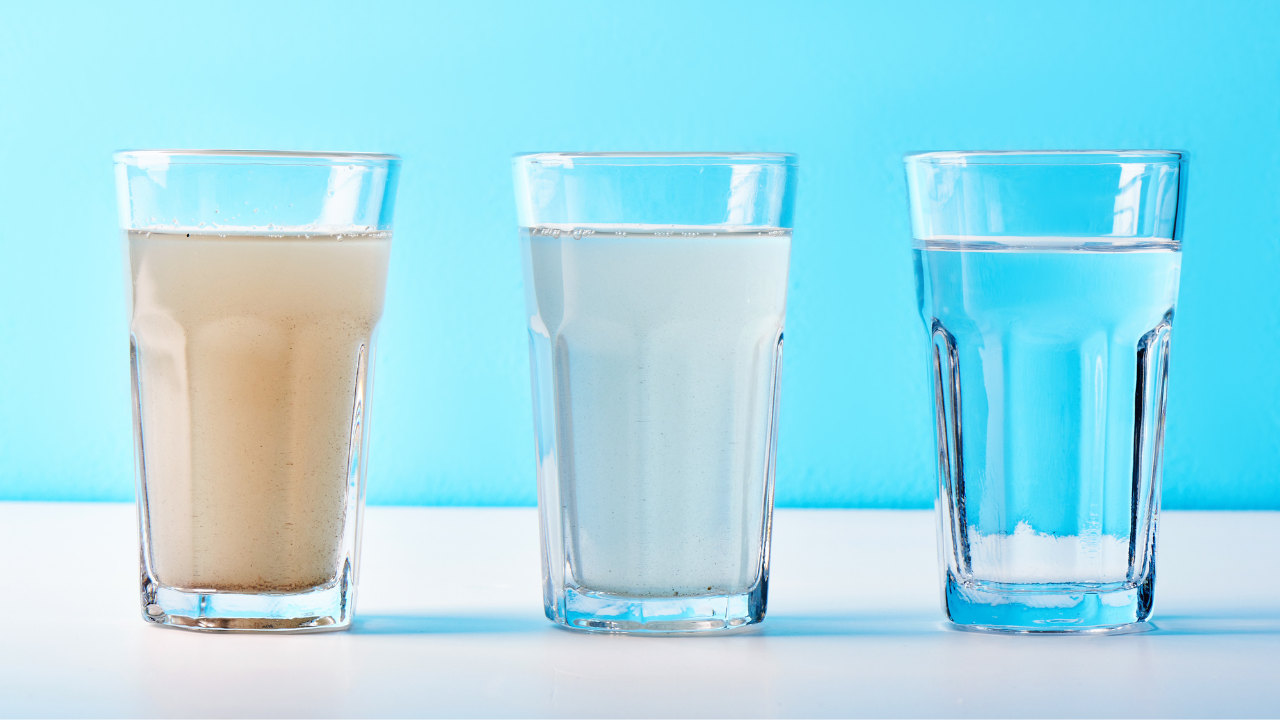

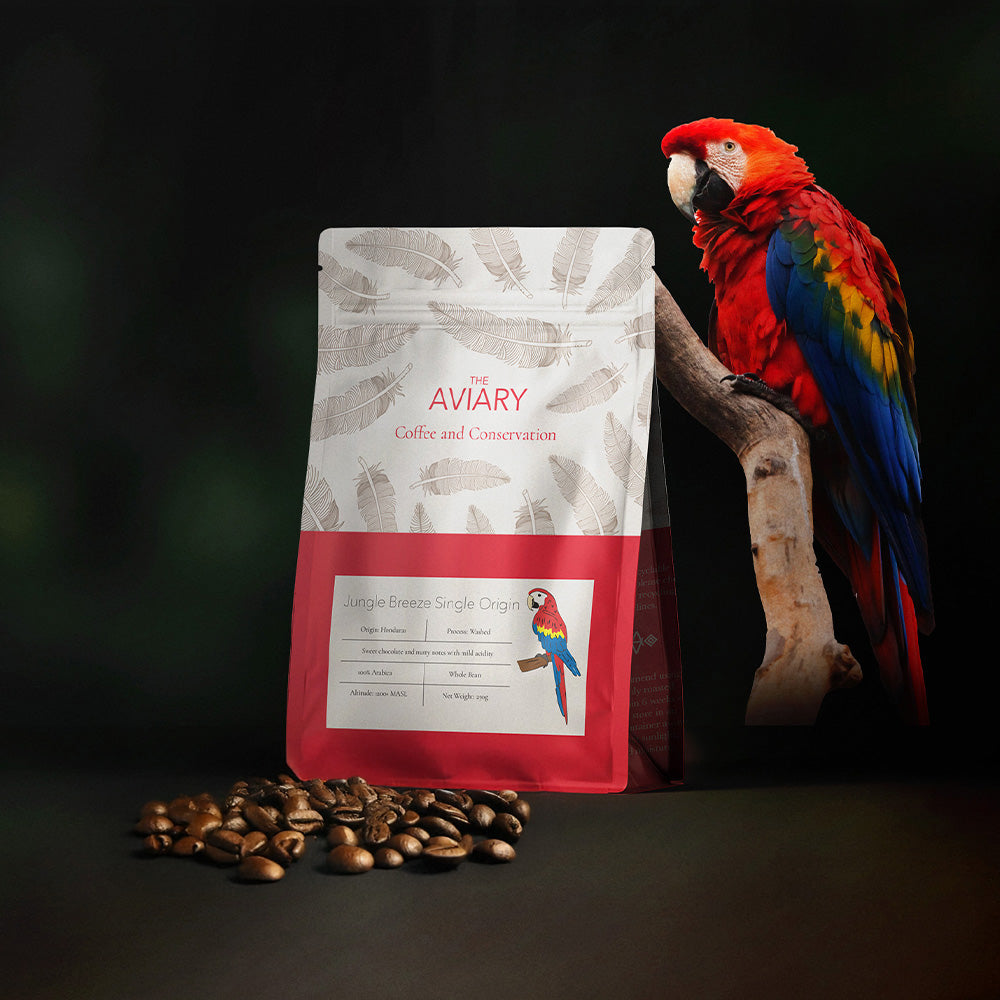

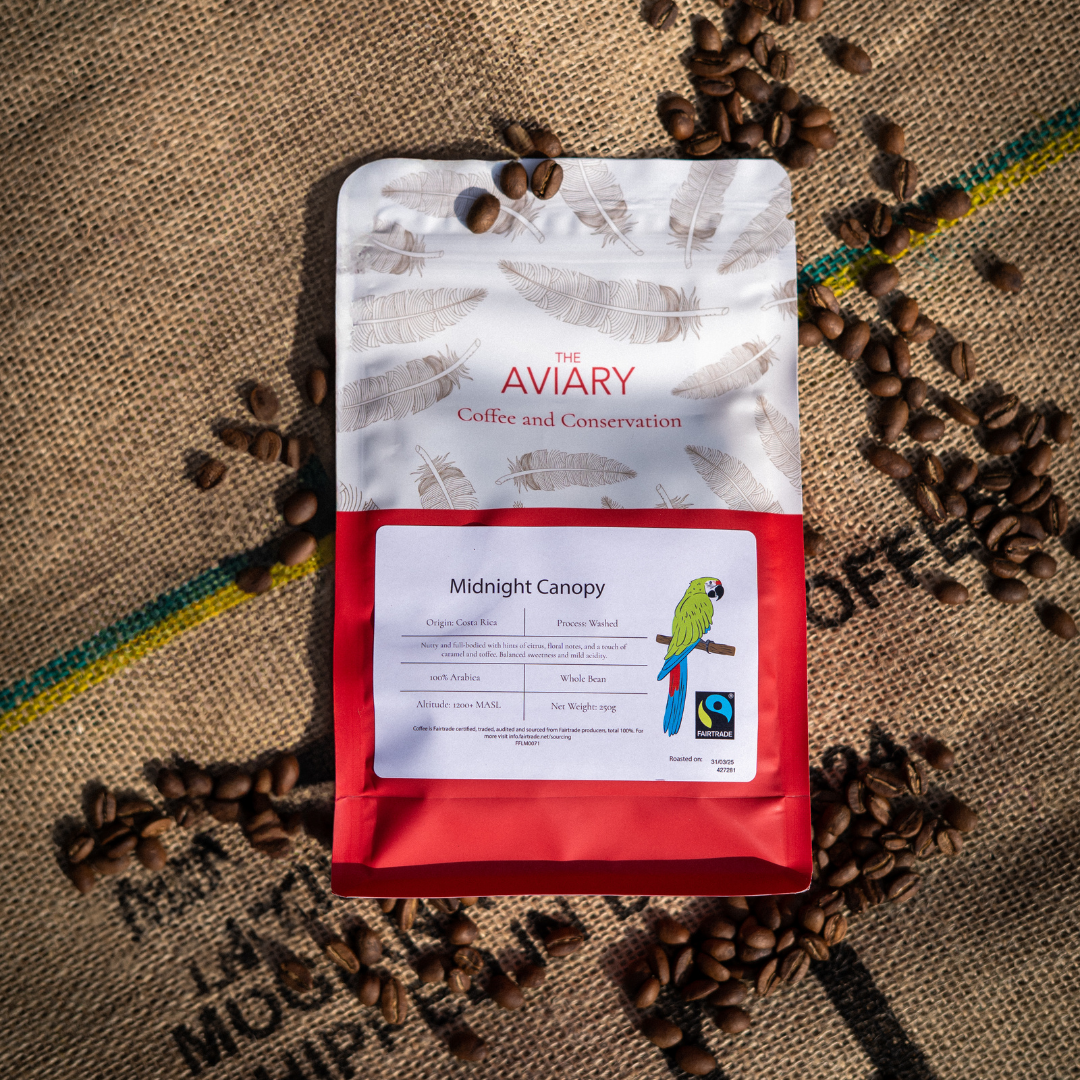
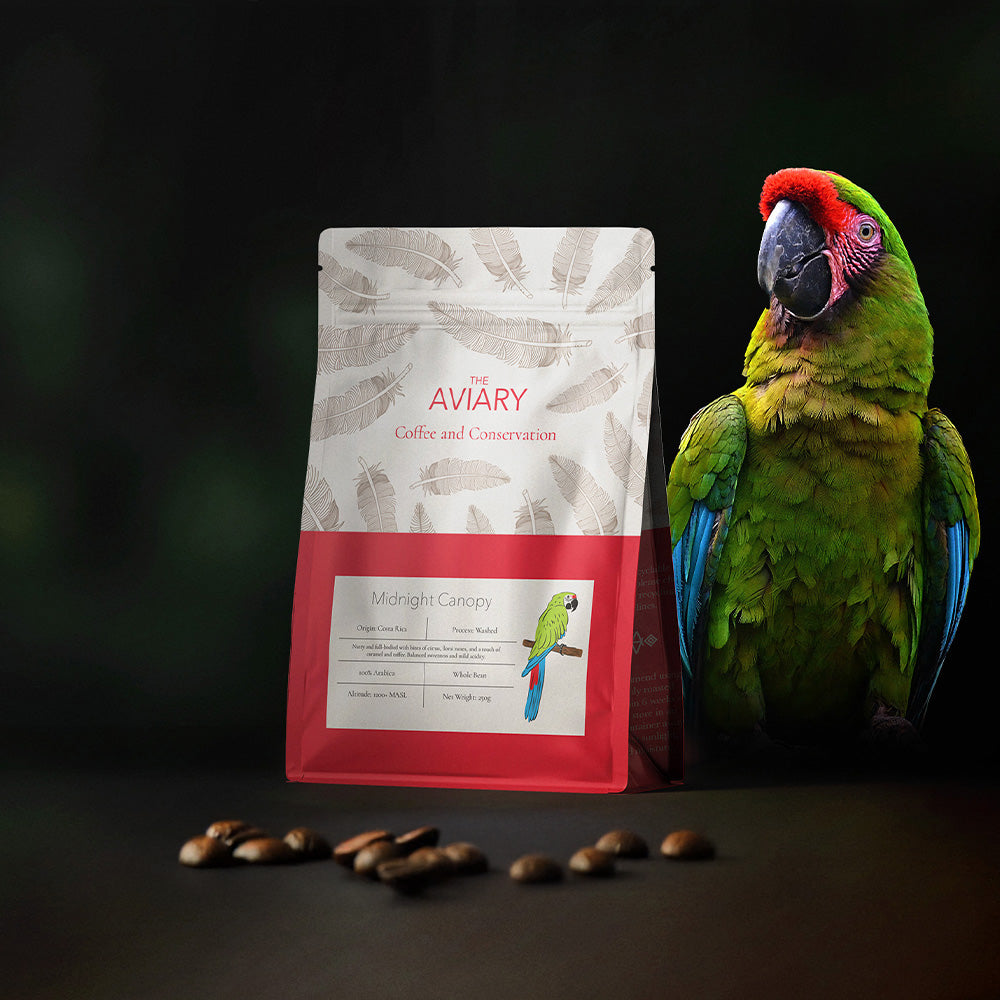
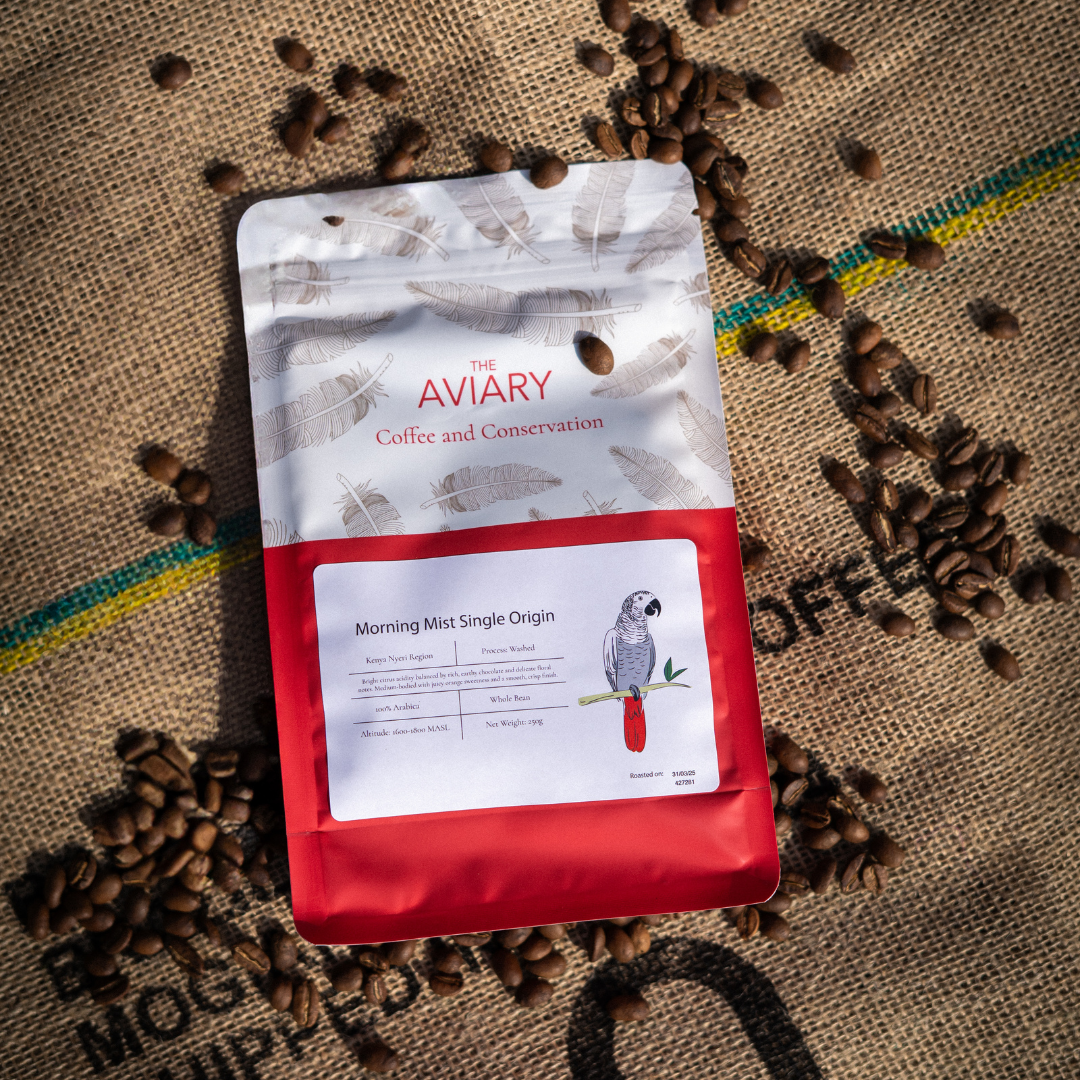
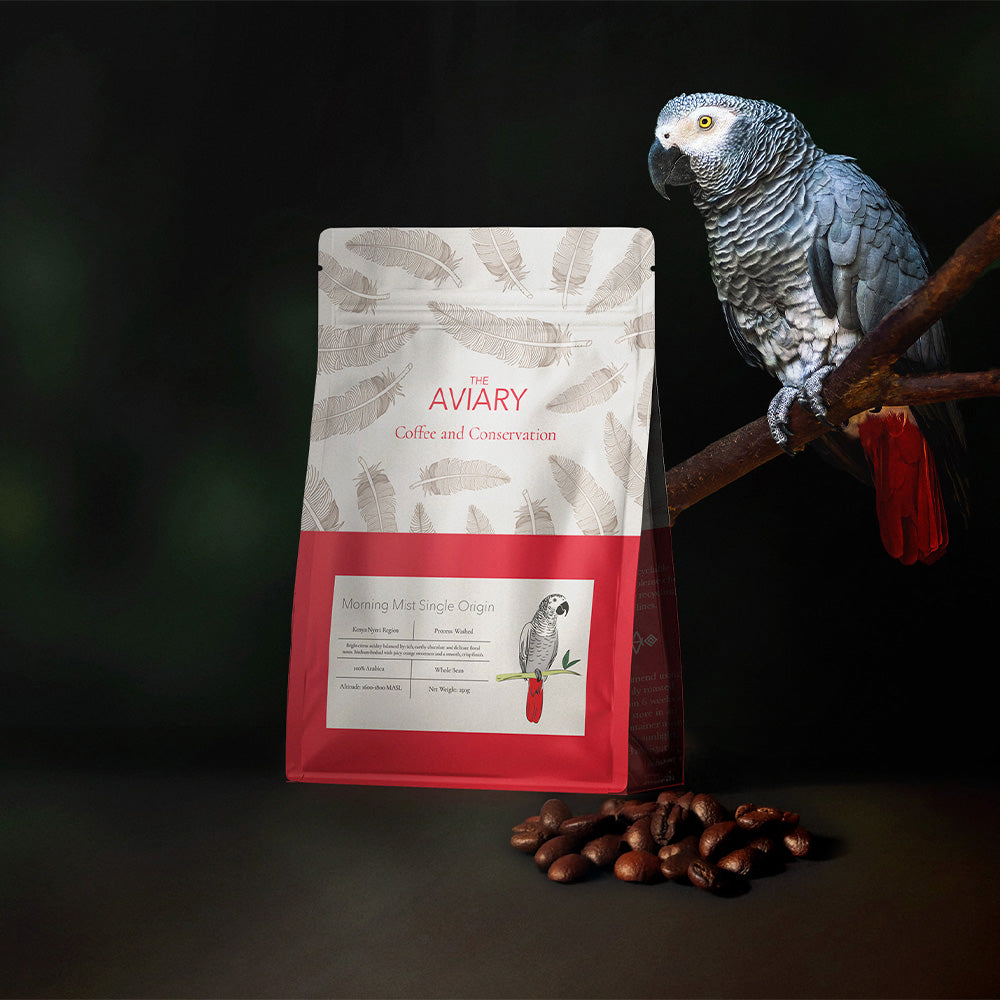

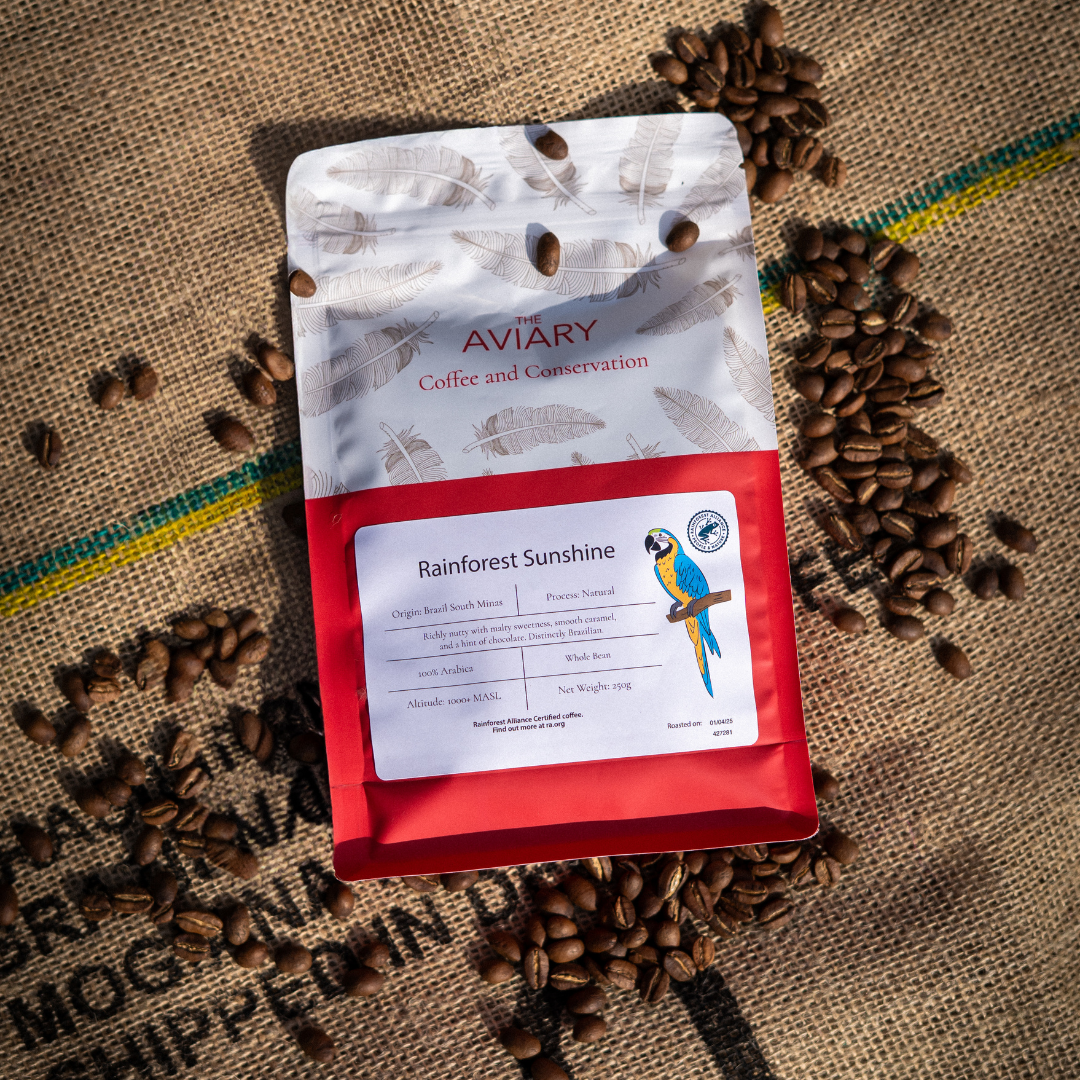
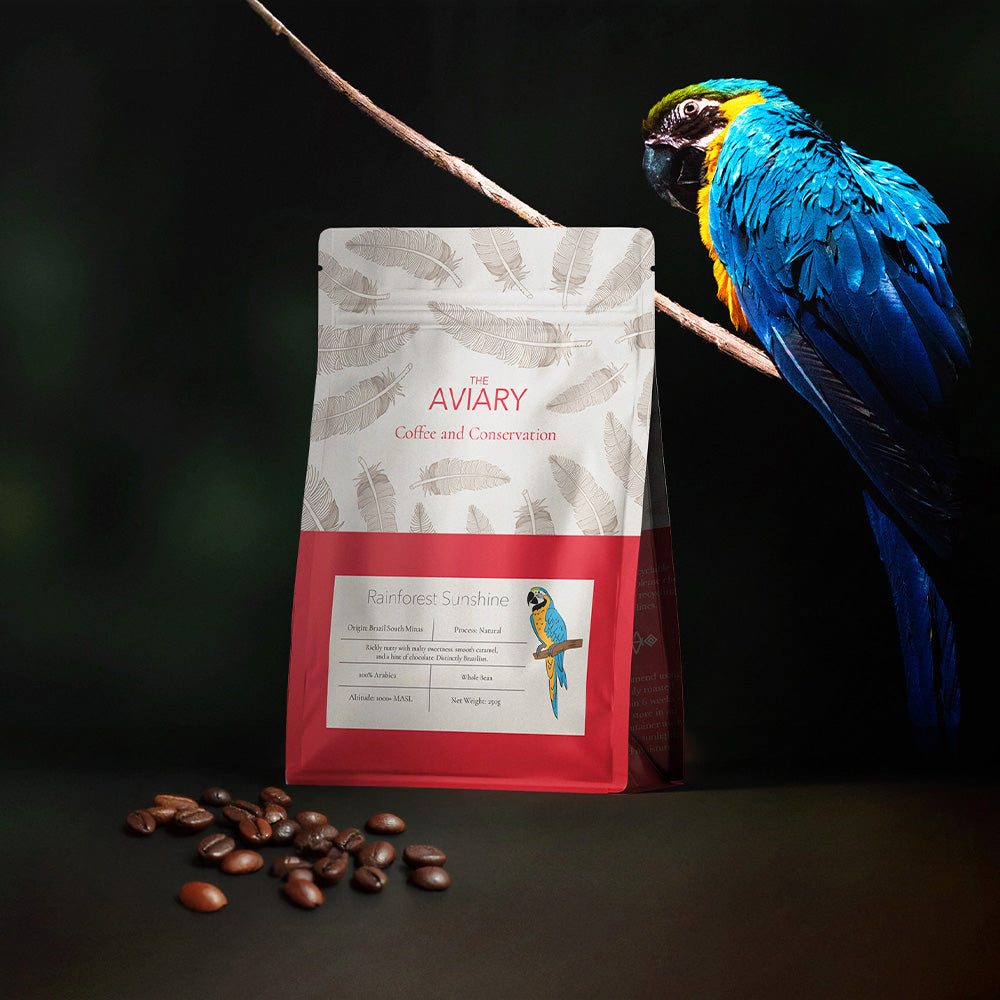

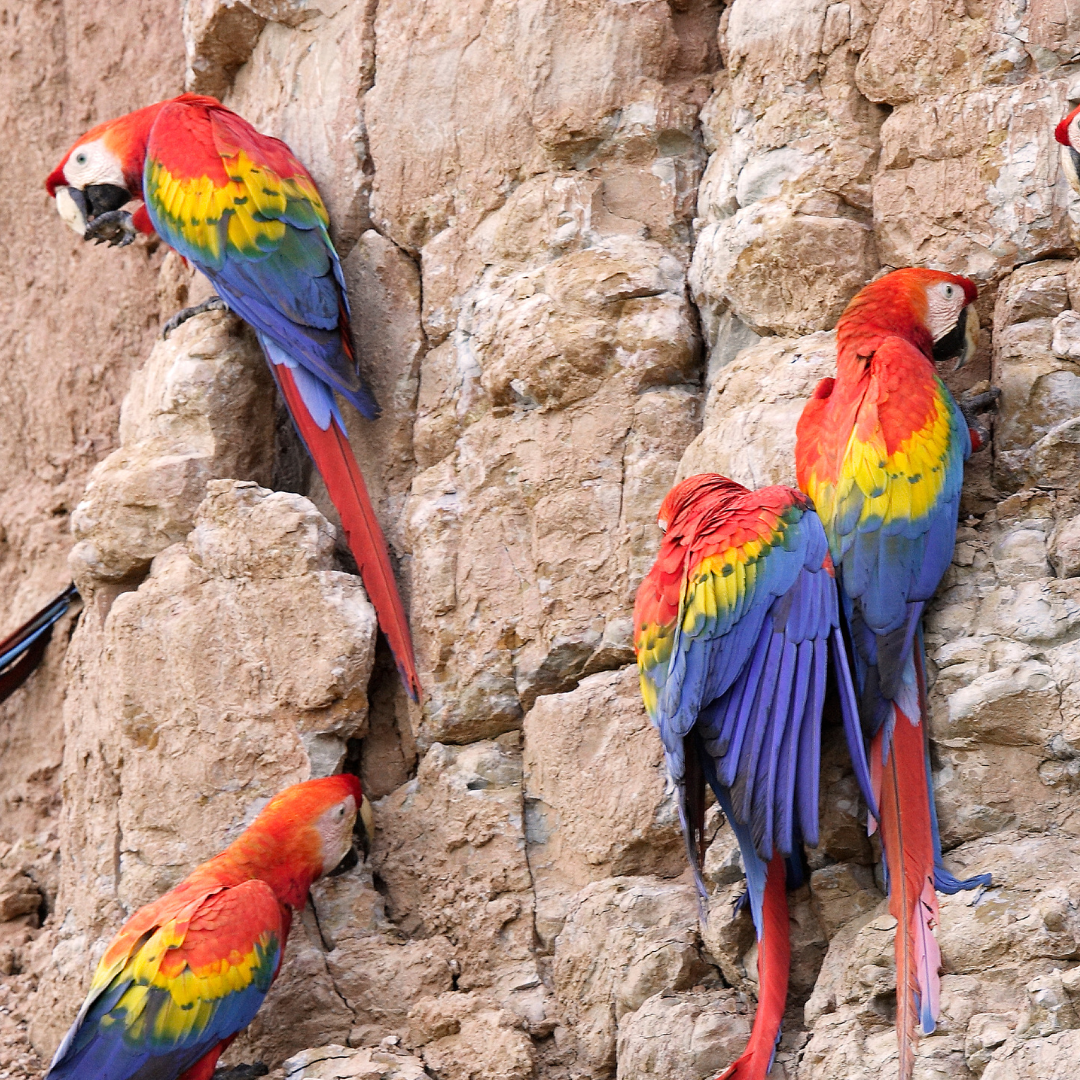
0 comments